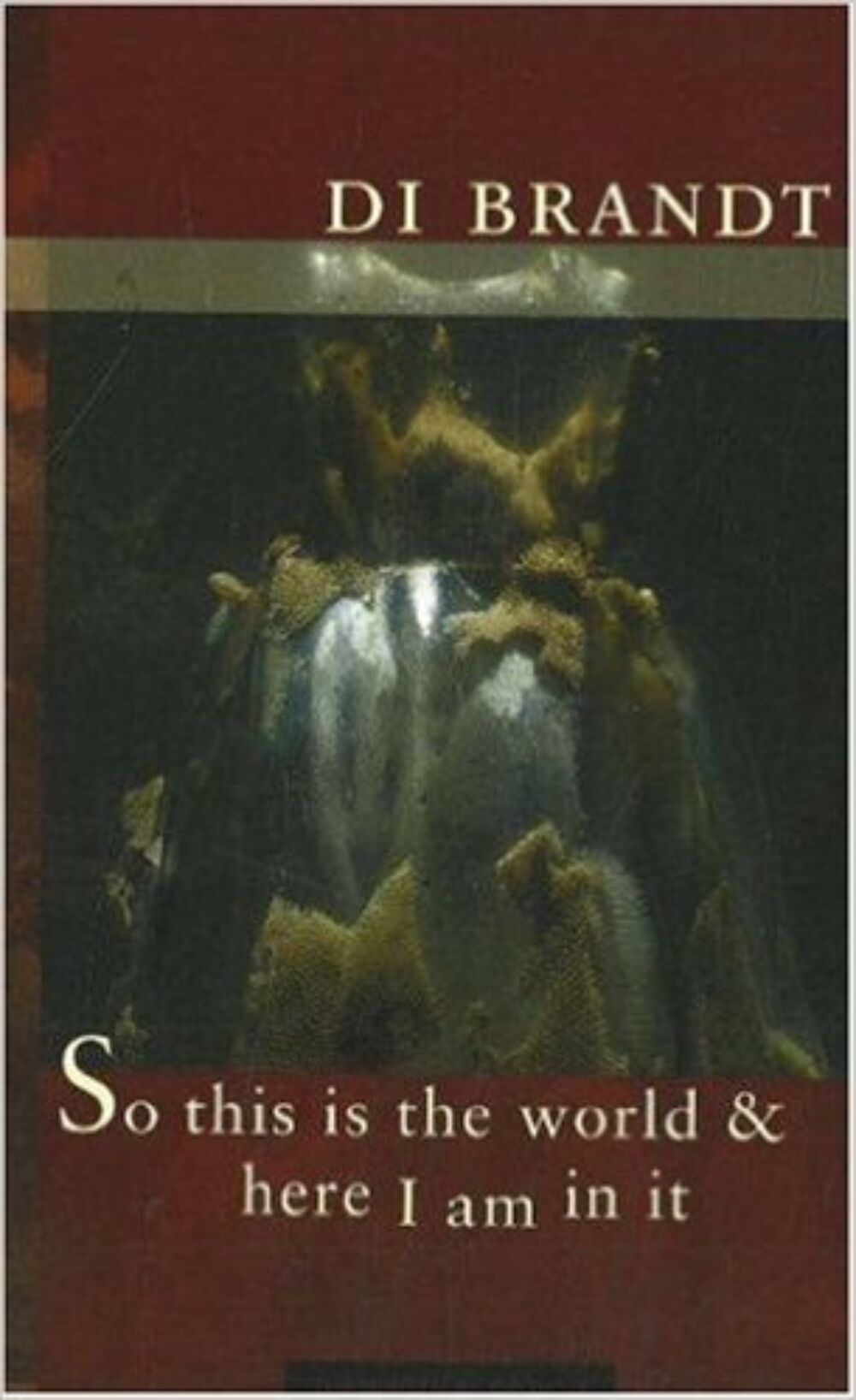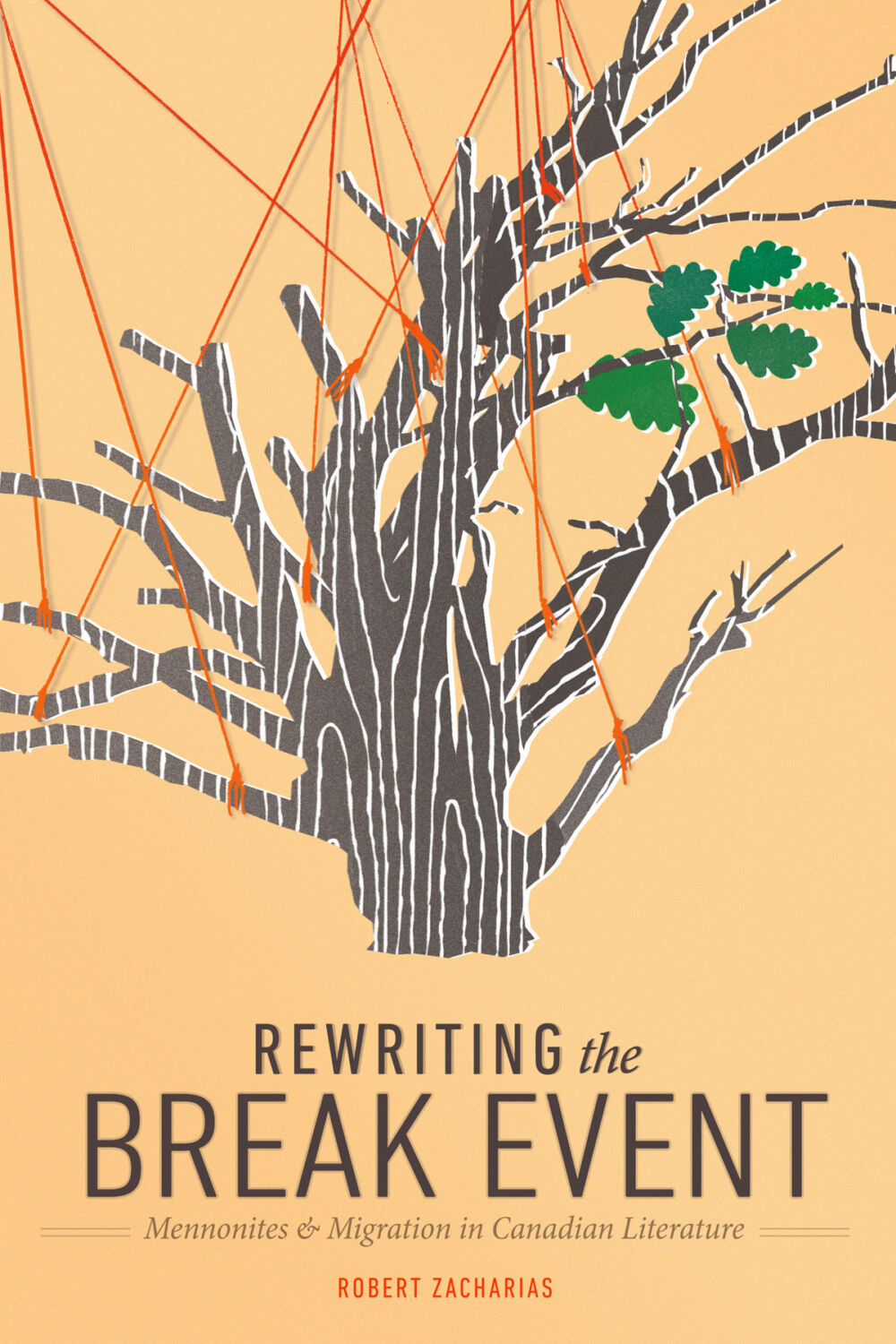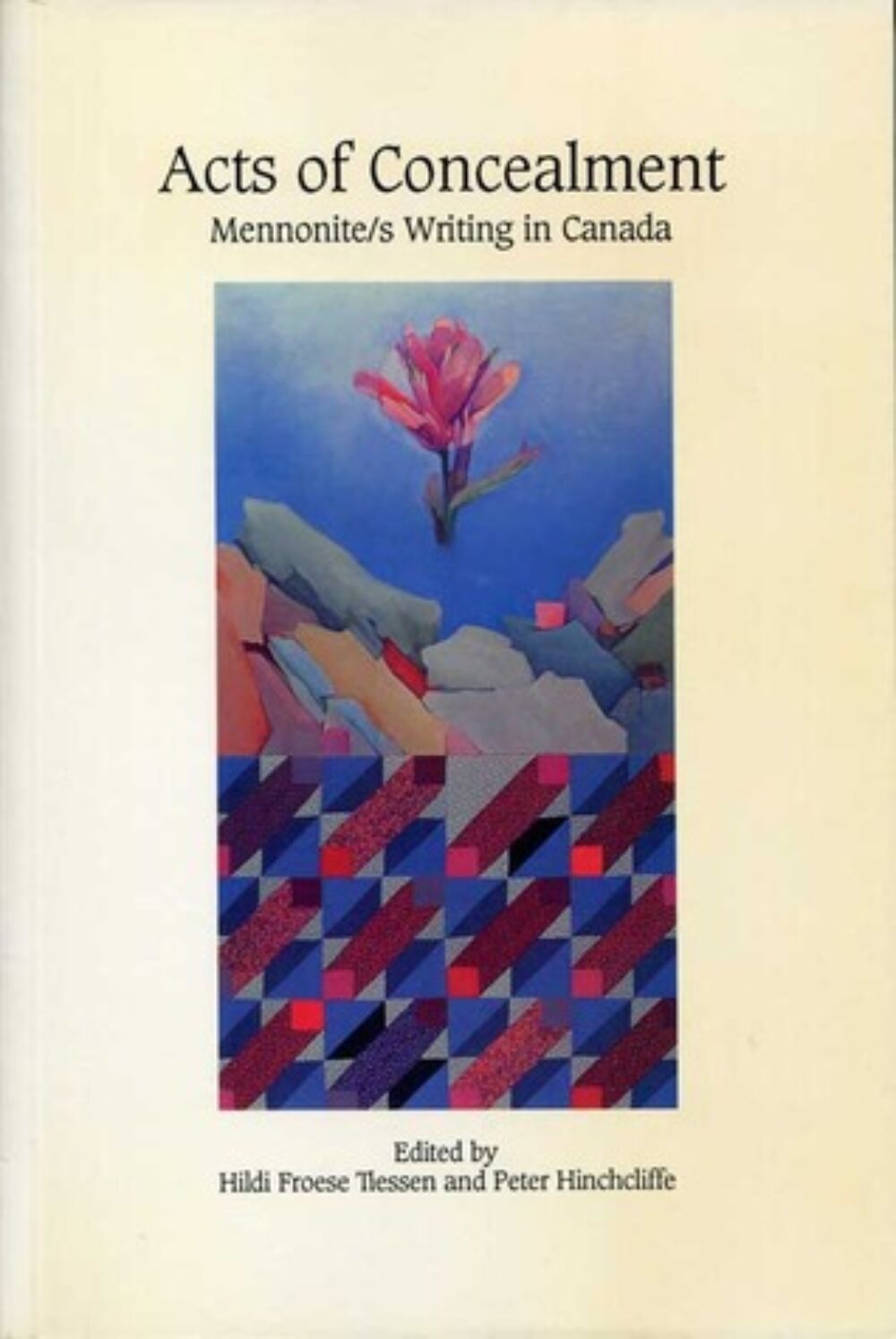While Mennonite literature is widely recognized across Canada, Mennonite literary criticism—that is, scholarship directly exploring Mennonite writing, however broadly defined—is also well established.
After Identity: Mennonite Writing in North America engages a longstanding critical conversation that includes Di Brandt’s Dancing Naked: Narrative Strategies for Writing Across Centuries, and So this is the world and here i am in it; Jeff Gundy’s Walker in the Fog and Songs from an Empty Cage; Julia Spicher Kasdorf’s The Body and the Book; Douglas Reimer’s Surplus at the Border; Jean Janzen’s Elements of Faithful Writing; Patrick Friesen’s Interim: Essays and Mediations; and my own Rewriting the Break Event.

Three of the earliest and most influential books on Mennonite literature in North America, however, are the following:
John L. Ruth, Mennonite Identity and Literary Art. Kitchener: Herald, 1978.
John Ruth’s 1978 booklet, Mennonite Identity and Literary Art, is the first extended consideration of Mennonite literature, and is routinely cited as the start of Mennonite literary criticism. Noting the rise of minority literatures in North America and the importance of culture to the maintenance of “group-identity,” Ruth called on Mennonites to begin writing fiction that would express and embody their own unique history. For Ruth, Mennonite literature could—if it was to be written in sufficient quality and quantity—not only help Mennonites better understand themselves, it could serve as a witness to the vitality of the Mennonite faith.
Ruth’s book has often served as a foil for the less theologically engaged critical discussion that followed, but it also established many of the concerns that have come to dominate the field, including, most prominently, its central focus on the relationship between ‘literary art’ and ‘Mennonite identity.’

Al Reimer, Mennonite Literary Voices Past and Present. North Newton: Mennonite Press, 1993.
Where Ruth wrote in anticipation of a distinctly Mennonite literature, Al Reimer’s 1993 monograph, Mennonite Literary Voices Past and Present, was the first monograph to explore the rise of poetry and fiction by writers of Mennonite descent during the 1980s. Reimer’s study established a larger genealogy for Mennonite creative writing in North America, included a valuable survey of the 1980s Mennonite literary scene in Canada, and offered a thematic critique that emphasized the literature’s engagement with the Mennonite community.
Reimer demonstrated that contemporary Mennonite authors were less interested in hagiographic accounts of Mennonite history and theology than were their few German-language predecessors, choosing instead to explore the community’s shortcomings. Reimer insisted, however, that this burgeoning collection of writings were valuable not only as literature but also as necessary—even “prophetic”—critiques of Mennonite identity in North America.

Hildi Froese Tiessen and Peter Hinchcliffe, eds., Acts of Concealment: Mennonite/s Writing in Canada. Waterloo: University of Waterloo Press, 1992.
In 1990, the first major academic conference on Mennonite literature was held at the University of Waterloo, bringing together Mennonite authors and critics with leading scholars in the larger field of Canadian literature. Acts of Concealment: Mennonite/s Writing in Canada, the collection of essays that emerged from the conference, offers a fascinating insight into the contested formation of a field of study. Ably edited by Hildi Froese Tiessen and Peter Hinchcliffe, the collection also introduced the now-standard title of “Mennonite/s Writing” for the field: this playful, postmodern descriptor, which not only names the field but also complicates its association with Mennonite identity, has been adopted as the title for the ongoing series of academic conferences examining Mennonite literature, seven of which have been held across North America to date.
This wide-ranging collection marks the establishment of Mennonite literary criticism as a larger field of study of interest beyond the borders of the community itself.
Posted by Robert Zacharias
March 15, 2016
Categorized as Reading Lists, Author Posts
Tagged art, books, community, culture, fiction, history, identity, literary criticism, literature, manitoba, mennonite
Robert Innes & Kim Anderson in Montreal AFTER After Identity
